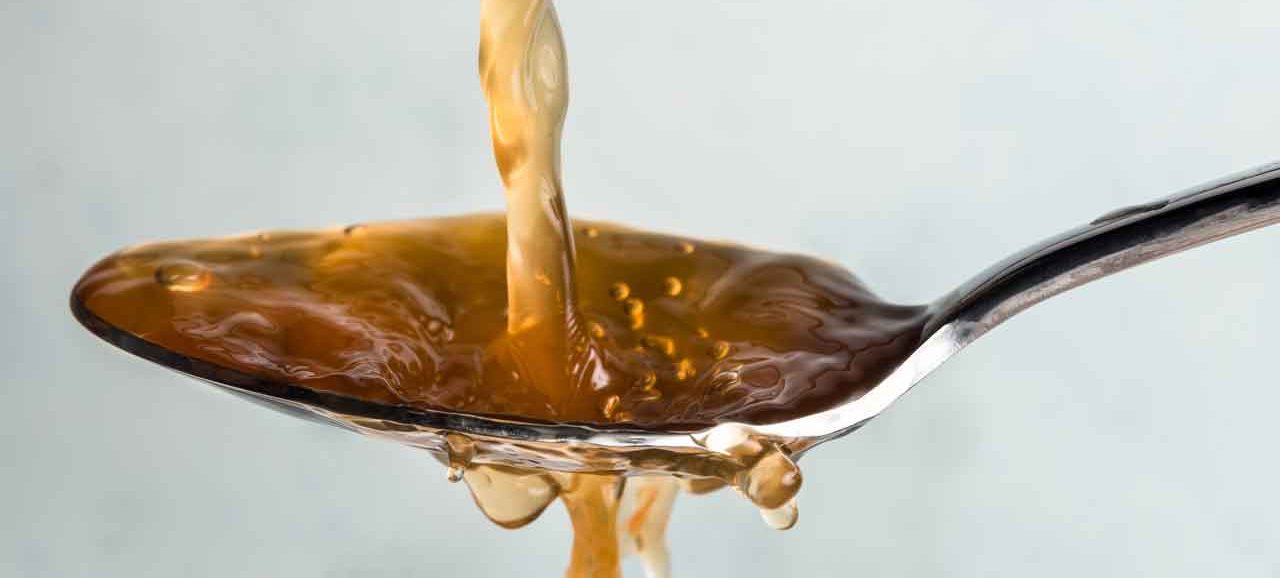Home Remedies for Yeast Infections

Are there home remedies for yeast infections? Research shows that some home treatments can help, but you should talk to your doctor first. Learn more here.
A yeast infection is caused by fungus, usually the yeast Candida. It is also called thrush or candidiasis.
You have yeast in your body all the time, the same way you have bacteria in your body. Usually, the bacteria and yeast keep each other in check. When something throws off this balance (such as antibiotics, corticosteroids, uncontrolled diabetes, or increased estrogen levels), however, it can cause yeast overgrowth, which results in a yeast infection.
Women experience yeast infections more often than men, most commonly in the tissue of the vulva and vagina. However, men can have genital yeast infections as well. Oral yeast infections, or yeast infections of the skin, can affect both men and women, as well as babies.
Though yeast infections are generally treated with antifungal medications, you can use home remedies as alternatives to traditional medicines.
YOU MIGHT ALSO LIKE: Home Remedies for Urinary Infections
Home remedies for yeast infections
If you need a home remedy for yeast infections, there are several options, including:
- Coconut oil
- Yogurt or probiotics
- Garlic
- Apple cider vinegar
Virgin coconut oil is generally safe to apply topically or to consume. Animal studies have shown that it prevents overgrowth of C. albicans, the strain of Candida most common in yeast infections. Other research found that it is an effective antifungal agent, particularly against drug-resistant strains of Candida.
Researchers have found that applying yogurt topically to thrush can be more effective than some antifungal creams. This is because yogurt is high in Lactobacilli, the bacteria that helps keep yeast growth in check. Some research also indicates that probiotic pills may be similarly beneficial. However, the supplement industry is largely unregulated, so you should consult a doctor before using probiotic supplements.
Raw garlic and fresh garlic extract have been proven to fight candidiasis in a lab setting. Drinking garlic extract, or cutting up and swallowing a raw garlic clove, may help heal thrush. Do not apply garlic topically to a yeast infection as it could cause a painful, burning sensation.
Apple cider vinegar has antifungal properties against Candida, and drinking a solution of apple cider vinegar diluted with water can be effective against oral thrush. If you have a genital yeast infection, avoid adding apple cider vinegar to baths, as bathing can increase symptoms of candidiasis.
Some home remedies for yeast infections can be dangerous and should be used with extreme caution, including:
- Essential oils
- Boric acid
Both oregano and tea tree essential oils have been shown to work as antifungal agents against candida yeast. However, essential oils can be unsafe if you have chronic health conditions, are pregnant, or are breastfeeding. They are also extremely potent and should never be used on the genitals, as they could cause irritations or burns. Always consult a health professional before using essential oils, and be sure to dilute them with carrier oils.
Studies have shown that boric acid is an effective antifungal treatment for infections caused by yeast other than Candida. However, boric acid is often used as insect poison and can be deadly if used improperly. It is often sold as a homeopathic vaginal suppository, but these should be used only with a doctor’s supervision, and never while pregnant.
Prevention is better than any medication or home remedy. You can reduce your risk of developing thrush by:
- Avoiding douches or scented cleansers
- Changing tampons and pads frequently
- Wearing clean underwear with a cotton crotch
- Changing out of wet clothing or swimsuits quickly
Yeast infections and sugar
Research into the link between diabetes and yeast infections indicates that elevated glucose levels can cause increased Candida growth. The United States Veterans’ Health Administration recommends keeping your blood sugar healthy as a method for preventing candidiasis if you have diabetes.
However, moderating your sugar intake may help control yeast infections even if you don’t have diabetes. One study found that women who develop frequent yeast infections may have some degree of glucose intolerance, even without diabetes. Other research found that lowering your intake of dietary sugar may reduce the number of yeast infections you develop.
If you have a yeast infection and want to speed up the healing process, cutting back on dietary sugar may be an effective home remedy, while altering your diet to avoid excessive sugar may help prevent future instances of thrush.
Is it safe to use home remedies for yeast infections?
Many home remedies for yeast infections can alleviate symptoms and help your body heal.
However, if you are considering using a home remedy for yeast infections, consult your doctor first. Many bacterial infections can cause similar symptoms, and it is important to know what type of infection you are experiencing before attempting to treat it.
Your doctor will also be able to help you decide which home remedies are safe to use and whether they might interact with any supplements, treatments, or medications you already use.
If you are pregnant, breastfeeding, or have a weakened immune system due to a chronic condition, you should always speak to your doctor before attempting any home remedy, even if it is generally safe. People with these conditions may be affected by home remedies in unexpected ways, and you should do any medical treatment only with a doctor’s supervision.
Updated:
February 27, 2020
Reviewed By:
Janet O’Dell, RN